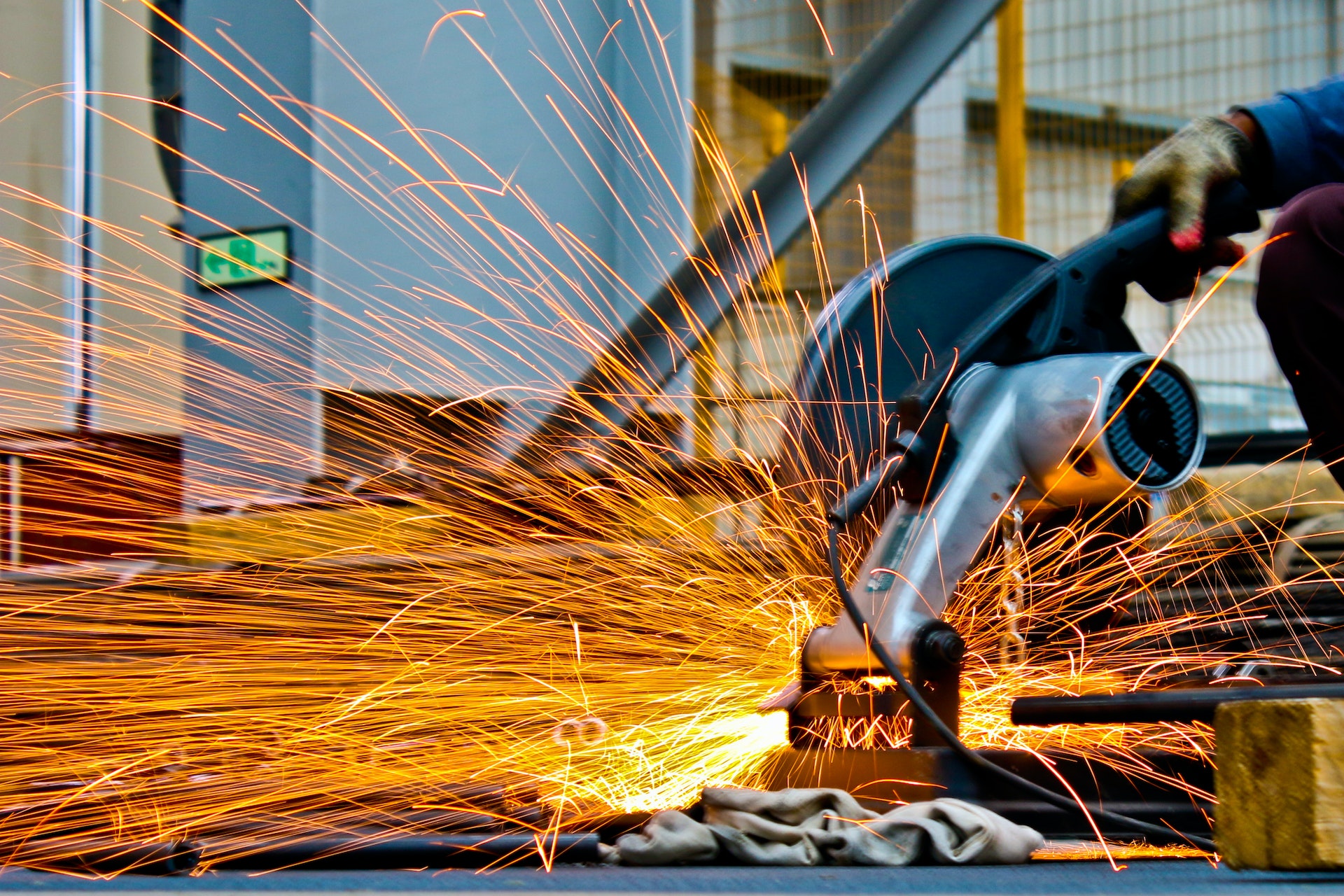Optimizing Construction Efficiency: Top Equipment Choices
In construction, efficiency reigns supreme. Time is money, and every project manager aims to complete their work faster without compromising quality or safety.
Author:George EvansOct 25, 2023294 Shares294.3K Views

In construction, efficiency reigns supreme. Time is money, and every project manager aims to complete their work faster without compromising quality or safety.
The choice of construction equipment is one critical aspect that can significantly impact efficiency. In this blog post, we'll delve into the top equipment choices that can help construction professionals streamline their operations and achieve better results.
Considerations for Equipment Selection
Before diving into specific equipment choices, it's crucial to understand the key considerations when making these decisions. Your project's success relies on choosing the right tools for the job. Here are some factors to keep in mind:
1. Project-specific needs and requirements: Each construction project is unique, with distinct demands. Consider factors like project size, terrain, and materials when selecting equipment.
2. Budget constraints: Equipment costs can vary significantly. Ensure that your choices align with your budget while still meeting your project's needs.
3. Environmental impact: Sustainability in constructionis increasingly important. Choose equipment that minimizes environmental impact, such as lower emissions or fuel efficiency.
4. Safety considerations: Safety should always be a top priority. Select equipment with safety features and ensure that operators are properly trained.
Understanding these considerations sets the stage for smarter equipment choices. Now, let's delve into the actual equipment you'll be selecting.
Earthmoving Equipment
1. Excavators
Excavators are versatile workhorses in construction. With their hydraulic power and range of attachments, they can handle digging, lifting, and even demolition.
Excavators are invaluable for projects involving deep excavations or trenching. Their versatility allows you to tackle various tasks with a single machine, reducing the need for multiple pieces of equipment. To maximize efficiency, match the size of the excavator to the job's scale and ensure operators are skilled in using its attachments.
2. Bulldozers
Bulldozers are the heavy lifters of the construction world, capable of moving vast amounts of earth quickly.
Ideal for earthmoving tasks, bulldozers are efficient at pushing soil, sand, or debris. Their tracks provide stability and traction, making them suitable for uneven terrain. For optimal efficiency, get the appropriate size and power rating for your project and maintain the machine to prevent downtime.
3. Loaders
Loaders excel at moving materials like gravel, sand, or debris from one location to another.
Loaders come in various sizes and configurations, making them adaptable to different construction needs. Their front-mounted buckets are perfect for loading and transporting materials efficiently. Ensure proper bucket selection and operator training to maximize loader efficiency.
Material Handling Equipment
1. Cranes
Cranes are the giants of the construction site, lifting heavy objects with precision and power.
Cranes are essential for lifting and placing heavy items, such as steel beams or concrete blocks. They come in various types, including tower cranes and mobile cranes, each suited for specific tasks. To optimize crane operations, choose the right type and capacity and ensure operators are certified and experienced.
2. Forklifts
Forklifts are nimble material handlers, and you can equip them with versatile forklift attachmentsto maximize their use and make them ideal for tight spaces.
Forklifts are indispensable for moving materials within construction sites or warehouses. They are available in different sizes and load capacities. Ensure that forklifts are well-maintained and operators are trained to handle them safely to prevent accidents and delays.
Specialized Construction Equipment
1. Concrete mixers
Concrete mixers simplify the process of preparing concrete on-site, ensuring consistency and quality.
For projects involving concrete work, concrete mixers are a must. They come in various types, such as drum and volumetric mixers, each offering unique advantages. Choosing the right mixer for your project and maintaining it properly ensures a steady supply of quality concrete, enhancing efficiency.
2. Pavers
Pavers are the finishing touch on road construction projects, providing smooth and precise asphalt or concrete surfaces.
Pavers are essential for road construction and other projects requiring smooth surfaces. Different types of pavers exist, including asphalt and concrete pavers. Choose the appropriate type and size for your project, and make sure the paving crew is skilled and experienced.
Technology Integration for Efficiency
Incorporating technology into construction equipment can significantly boost efficiency. Consider these technological advancements:
1. Telematics and GPS tracking
These systems allow real-time monitoring of equipment, enabling better asset management and predictive maintenance.
2. Equipment maintenance and monitoring systems
Utilize software solutions that track maintenance schedules and performance, reducing downtime and repair costs.
3. Automated and remotely operated machinery
Autonomous equipment can perform tasks more consistently and efficiently, particularly in repetitive or hazardous environments.
Maintenance and Training
Don't forget that equipment efficiency also hinges on proper maintenance and operator training.Regular maintenance prevents unexpected breakdowns, while well-trained operators maximize equipment capabilities and safety.
Rental vs. Ownership
When it comes to acquiring construction equipment, you have two primary options: renting or owning. Both have their advantages and disadvantages.
The main pros of renting construction equipment include:
- flexibility
- reduced upfront costs
- access to the latest models
On the other hand, there are the cons of renting construction equipment:
- Long-term costs may be higher.
- Rental availability can sometimes be limited.
The pros of owning construction equipment include:
- full control
- potential for long-term cost savings
- immediate availability
The cons of owning construction equipment:
- higher upfront costs
- maintenance responsibility
- the need for storage space
Key Takeaway
In the construction industry, making informed equipment choices is pivotal for optimizing efficiency. Tailor your selections to your project's specific needs, budget, and environmental concerns. By incorporating the right equipment, embracing technology, and emphasizing safety and maintenance, you can enhance construction efficiency and ensure project success.

George Evans
Author
George Anderson, an exceptional architectural designer, envisions and brings to life structures that transcend the realm of imagination. With an unwavering passion for design and an innate eye for detail, George seamlessly blends form and function, creating immersive spaces that inspire awe.
Driven by a deep appreciation for the interplay of space, light, and materials, George's innovative approach redefines the possibilities of architectural design. His visionary compositions leave an indelible mark, evoking a sense of wonder and transforming the built environment.
George Anderson's transformative designs and unwavering dedication continue to shape the architectural landscape, pushing the boundaries of what is possible and inspiring generations to come.
Latest Articles
Popular Articles